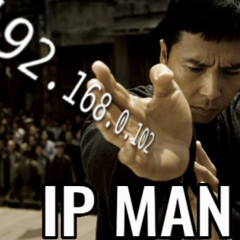-
Topics
-
sarita-ita ·
Posted in Windows1 -
ShadowfoxEX ·
Posted in Phones and Tablets1 -
2
-
17
-
achiboyke ·
Posted in Troubleshooting2 -
4
-
1
-
testcy ·
Posted in CPUs, Motherboards, and Memory5 -
7
-
Goodmen9008 ·
Posted in Graphics Cards6
-
-
play_circle_filled

Latest From Linus Tech Tips:
The Most Awkward Upgrade…. AMD $5000 Ultimate Tech Upgrade














Create an account or sign in to comment
You need to be a member in order to leave a comment
Create an account
Sign up for a new account in our community. It's easy!
Register a new accountSign in
Already have an account? Sign in here.
Sign In Now